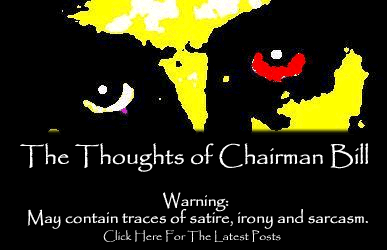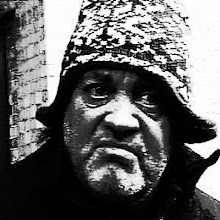I was reading a BBC News article about the UK being excluded from the Galileo GPS programme once Brexit happens. This has naturally engendered some comment within Brexit circles and and I spotted yet another comment maintaining we were fooled in the '75 referendum.
I've seen a lot of this harking back to 1975 and saying we joined the EEC, not what it became. Harold Wilson in 1967 stated; “Whatever the economic arguments, the House will realise that, as I have repeatedly made clear, the Government’s purpose derives above all from our recognition that Europe is now faced with the opportunity of a great move forward in political unity and that we can — and indeed must — play our full part in it.”
Voters in 1975 were asked if they wanted to “stay in the European Community (the common market)”. But the debate was not simply about economics. The Yes campaign refer to the benefits for safety and security. The “political case” was “paramount”, said Margaret Thatcher. A few years before, Prime Minister Edward Heath had spoken of a “united Europe” and a “European destiny” – and in 1973 he stated in the Illustrated London News that “the Community we are joining is far more than a common market. It is a community in the full sense of that term”, citing the bloc’s ambitions in the field of environmental, social and vocational training policy. The Times editorial on referendum day referred in glowing terms to campaign speeches that had given a “sense of European development as an ideal”, and agreed we were part of a “European family”.
Eurosceptics imply the phrase “Common Market” was used by pro-Europeans to pull the wool over voters’ eyes. But, while the phrase appeared extensively in the No campaign leaflet, their Europhile counterparts use it hardly at all. Neither the Heath speeches nor the Times editorial cited above mention the phrase.
In 1970, Foreign Secretary Sir Alec Douglas-Home acknowledged – and seemed to welcome – that the institutions would evolve. The UK government’s 1971 White Paper said it was “inevitable” Europe’s external policies would broaden as interests harmonised, arguing the UK should be on the inside when that happened. Further new ideas were being sketched out even before the referendum: in 1972, EU leaders, including Heath, called for for an EU environment policy, economic and monetary union, and transformation into a “European Union”.
It is right to say the European Community has changed since the seventies, and not just in name. It is wrong to say that the nature of the project, and how it might evolve, were hidden from voters in the '75 referendum. The ironic thing is that most of the people using this argument weren't even around in 1975, and those that were are engaging in selective amnesia.
If you don't realise your argument is fraudulent, you are mistaken. If it is pointed out that your argument is fraudulent and you fail to check it, you are a fool. If you knowingly continue use a fraudulent argument, you are a fraud.



No comments:
Post a Comment